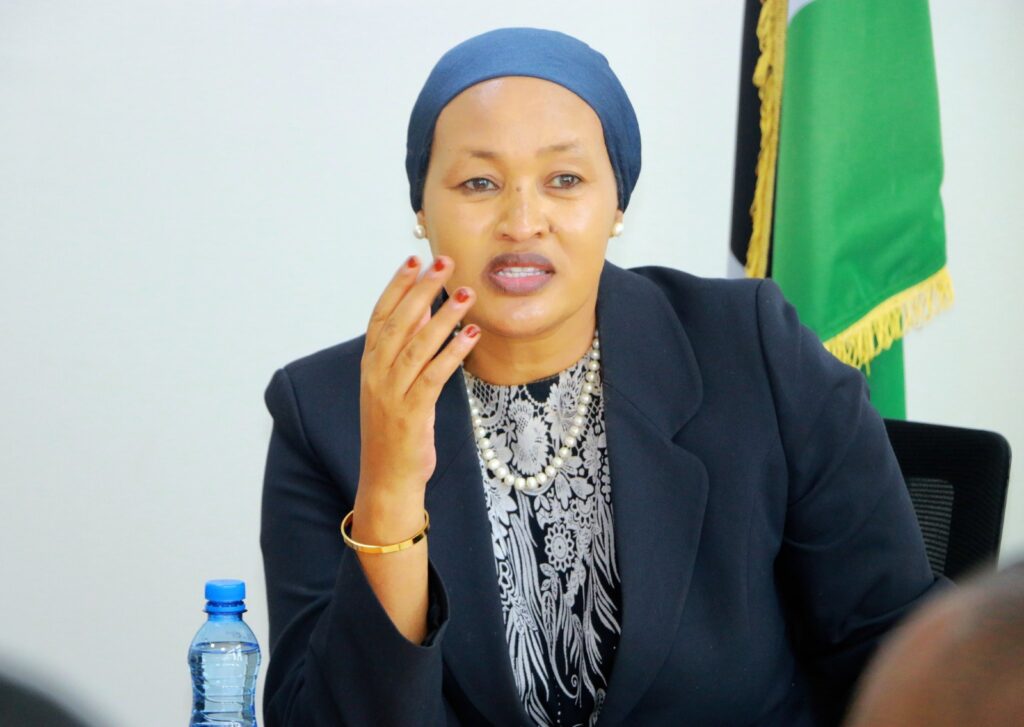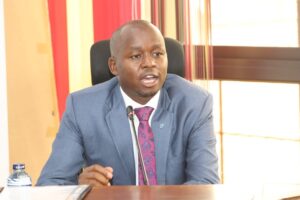Collaboration Accelerates Land Acquisition for Lower Nzoia Irrigation Project

The Chief Executive Officer (CEO) of the National Land Commission (NLC), CHRP Kabale Tache Arero, recently hosted the Principal Secretary for the State Department of Irrigation, CPA Ephantus Kim, in a meeting aimed at expediting land acquisition for the Lower Nzoia Irrigation Project Phase 1. This crucial project, spanning Busia and Siaya Counties, is expected to significantly enhance irrigation and agricultural productivity in the region.
During the meeting, Arero and Kim, alongside officials from the NLC and the Ministry of Water, Sanitation, and Irrigation (MOWSI), discussed strategies to streamline the land acquisition process, focusing on reducing delays in payments and ensuring timely land delivery to the project contractor. The Lower Nzoia Irrigation Project is expected to boost agricultural output and improve food security in the area, making it a key initiative for the government.
“The discussions were productive, as both teams explored various modalities to accelerate the process,” said Arero. “Our collective goal is to facilitate a seamless transfer of land for the project, ensuring that we meet the agricultural needs of the communities and enhance the overall success of the initiative.”
The collaboration underscores the importance of inter-agency cooperation in achieving national development objectives. Kim emphasized that swift and efficient action is necessary to avoid bureaucratic delays that could hinder the progress of the project.
“The success of the Lower Nzoia Irrigation Project hinges on effective coordination between agencies,” said Kim. “By working together, we can overcome any challenges and ensure that the project is implemented efficiently.”
The NLC, in partnership with MOWSI, remains committed to ensuring that the Lower Nzoia Irrigation Project is completed on time and meets its goal of transforming agriculture in the region. The project is expected to not only improve irrigation infrastructure but also provide long-term economic benefits for local farmers and communities.





